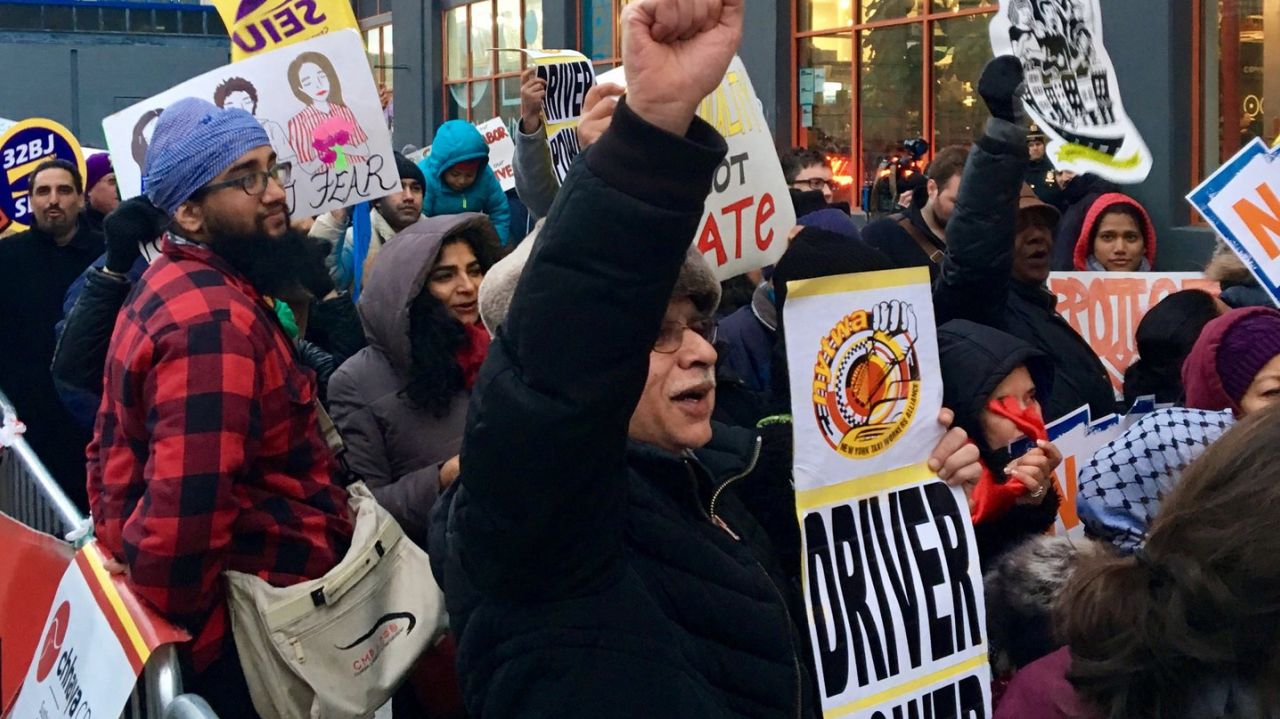By: Garrett Herrin

Last week, two big things happened in Athens, Georgia. Georgia beat Clemson 45-21 to kick off the college football season. And ridesharing service Uber launched to wild success, bringing to Athens what is already one of the most popular forms of transportation in major metropolitan areas like New York and Washington.
First, a little bit about Uber. Since the company’s launch in 2009, its valuation has swollen to titanic proportions, most of which is concentrated in the past year alone: according to The New York Times and The Wall Street Journal, in August 2013, Uber was valued at $3.5 billion; in April of this year, $10 billion; by June, it grew to $18.2 billion. Its estimated worth is now greater than United Continental, Alcoa, and Sony, and nearly equal to tech behemoths Twitter and LinkedIn. And it’s just getting started.
In an interview with The Wall Street Journal, Uber’s Founder and CEO Travis Kalanick said that revenue, which already stands at hundreds of millions of dollars, is “at least” doubling every six months. Business Insider reports that industry insiders project net revenue to top $2 billion by next year. This from a company that employed 550 people at the beginning of 2014 and just this summer surpassed 1,000 employees.
So how is it possible that a company five years old could grow at such an exponential rate? And how does its revenue amount to such a staggering figure when the company employs as many people as Russell Hall has residents? Well, there are more people associated with Uber not included in the employee count because they are independently contracted partners. The partners are those who use Uber’s interface as a vehicle (pun intended) to arrange for ridesharing and agree to the fare rates and company policy. Drivers—and couriers for the hipster crowd—who utilize Uber’s interface keep 80 percent of the electronic fare, while Uber keeps 20 percent.
However, reactions to Uber have been polarized. Local governments worldwide are pushing back on ridesharing services. Just last week, Germany banned Uberprop, the nonprofessional drivers unit of Uber operations there and the equivalent of UberX in the United States. Anti-Uber demonstrations from London to Washington have choked city streets as cab drivers protest the unfair advantages ridesharing services have by skirting regulations that they themselves must follow. For a brief period this year, Virginia banned Uber and other ridesharing services from operating within its jurisdiction. Shortly after the commonwealth ordered a cease and desist in June, former House Speaker Newt Gingrich, Republican, had this to say in a June CNN Crossfire segment: “[Governor] Terry McAuliffe should step up and prove he’s on the side of the consumer and small business.”
Just one issue, Mr. Speaker: given its recent valuation, is it fair to call Uber a small business? Perhaps so, if each partner is considered a small business owner in his or her own sense. But there is a better argument that takes all actors into account and doesn’t marginalize the cabbie lobby, which has a good point.
For starters, the rapid growth in Uber’s popularity shows that current cab services are woefully inadequate: many cab companies have disuniform policies regarding electronic payments; an unforced expectation that riders tip drivers; and differing, often overinflated, and sometimes arbitrary fares (not all of which are easily accessible). Some have older, miles-heavy vehicles in service, and many, if not most, are not equipped with the technological infrastructure to compete with Uber and other ridesharing services.
Why should any new policy protect the old way of doing things?
Cab companies and the unions that represent their employees should be concerned to say the least. Consumers are flocking to app-powered ridesharing services because fares are direct and consistent. In some ways, Uber is the inverse of the taxi experience For Uber, all transactions are electronic and no tip is expected. Ordering a ride involves no more than two taps on an iPhone, and riders see their driver’s rating upon request. And unlike taxis, all vehicles are guaranteed to be relatively new. So it makes sense that consumers are pressuring local governments to drop challenges to ridesharing.
But it is not just innovation that gives ridesharing services an advantage. Cab companies face steep regulations by local governments, which creates barriers to entry and protects entrenched vested interests. In most localities, Uber bypasses these rules because it is not a cab or limo company in the traditional sense, if one at all. Uber argues it’s simply an app that connects riders with drivers, and that local cab commissions protesting the services are “working to restrict competition [and] restrict choice.”
Many cab companies welcome competition from Uber, albeit begrudgingly, providing it follows the same rules and regulations. But rather than support policies of the old way—a highly regulated for-hire market that would require all ridesharing drivers to get commercial licenses and for-hire permits and plates, get regular vehicle inspections, and pay steep fees to the jurisdictions in which they wish to drive— companies should lobby to eliminate restrictions and let the consumer decide how he or she gets around town.
Governments could require basic provisions for ridesharing services and their contractors such as mandatory background checks, proof of registration, and insurance coverage. Although most companies and services require such information already, it would guarantee the safety of the consumer. Even a simple rideshare permit would be reasonable, whereby drivers are authorized to carry four or fewer passengers in exchange for money, a move which would revitalize the cab industry and put for-hire professional drivers in more direct competition with contractors.
Competition encourages all companies to improve their services to one-up one another. Consumers directly benefit from competition. In the for-hire business, that’s how fares decrease and service improves. Unfortunately, bureaucracy is getting in the way of a free for-hire market. The cabbie lobby has every right to protest what’s happening because courtesy of ridesharing, their traditional business is fast disappearing. But we should encourage finding common ground. Local markets need to be less restrictive for traditional cab companies to compete, and in order to do that, governments must update their for-hire regulating structures to reduce barriers to entry and accommodate ridesharing. Then let the consumer decide.

